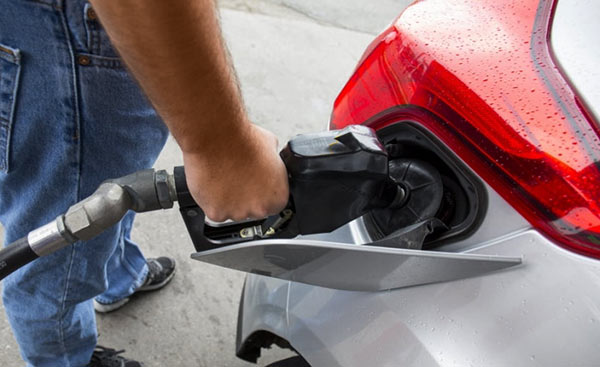Fuel prices increased in Sri Lanka

Fuel prices have been increased with effect from today (December 21), the Ceylon Petroleum Corporation (CPC) said.
Accordingly,the price of a litre of Petrol (92 Octane) has been increased by Rs. 20 (from Rs. 157 to 177), Petrol (95 Octane) increased by Rs. 23 (from Rs. 184 to 207),
Auto Diesel increased by Rs. 10 (from Rs. 111 to 121), Super Diesel increased by Rs.15 (from Rs. 144 to 159) while Kerosene increased by Rs. 10, (from Rs. 77 to 87).
Accordingly, the new fuel prices of CPC:
Petrol 92 octane – Rs. 177.00
Petrol 95 octane – Rs. 207.00
Diesel – Rs. 121.00
Super Diesel – Rs. 159.00
Kerosene – Rs. 87.00
Lanka Indian Oil Company (LIOC) has also decided to increase the fuel prices with effect from today (December 21) mirroring the Ceylon Petroleum Corporation’s move.
Accordingly, a litre of 92 Octane petrol has been increased by Rs. 15 to Rs. 177 while a litre of 95 Octane petrol has been by Rs. 23 from to Rs. 210.
Furthermore, the LIOC has increased a litre of Auto diesel by Rs. 7 to Rs. 121 and a litre of Super diesel has been increased by Rs. 15 to Rs. 159.
Accordingly, the new fuel prices of IOC:
Petrol 92 octane – Rs. 177.00
Petrol 95 octane – Rs. 210.00
Diesel – Rs. 121.00
Super Diesel – Rs. 159.00
Latest Headlines in Sri Lanka
- Sri Lanka to launch national review on social media’s impact on children January 30, 2026
- Sri Lanka, Saudi Arabia move to boost industrial cooperation January 30, 2026
- Johnston Fernando, two sons and others further remanded until February 13, 2026 January 30, 2026
- Sri Lanka raises daily wage of plantation workers to Rs. 1,750 January 30, 2026
- Sri Lanka expands Internal Affairs Units to 250 more state institutions January 30, 2026



This is unprecedented.
The 10-20% increase in fuel prices will impact significantly of household consumption.
Are we Zimbabwe already where consumers have to cart money in wheelbarrows and load with daily consumer goods on the way back.